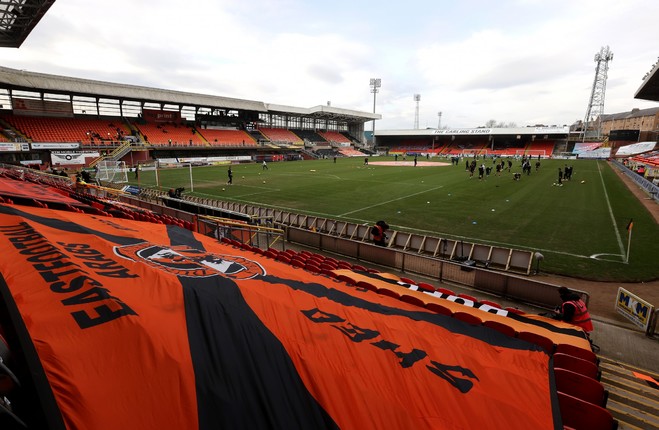1. Rashford hasn’t heard the swell of a real crowd since last March. The monotony of his days during the U.K.’s third coronavirus lockdown is broken up only by trips back and forth to practice. He sighs in his Mancunian accent: “It’s all a bit rubbish at the moment.”
Yet few people in sports have gone further to make the past year substantially less rubbish. In the space of 12 months, Rashford has led a campaign to end child food poverty in the U.K., taking on the British government to secure millions of free meals for underprivileged kids whose families are in the deepest rut they’ve ever known. This isn’t just another athlete doing charity work—Rashford isn’t signing novelty checks. This is a story about one of soccer’s quietest superstars rising above the culture of England’s national pastime to force the prime minister into not one but two major policy U-turns after the government twice tried to suspend the lunch voucher program during school closures. (This is your periodic reminder that Rashford is 23.)
Marcus Rashford sits down for a profile interview with the Wall Street Journal.
2. A bleep test was conducted on the first day of training to find each player’s maximum heart rate. One of the staples of pre-season under Gerrard and Jordan Milsom, who he brought from Liverpool as head of performance, are the five three-minute runs they do almost every day. “I feel sick just thinking about them,” says one player. A few like Joe Worrall were.
There is no hiding place. The players are split into small groups at each corner of the pitch and given staggered starting times to create a competitive edge. Keeping up with the crowd is not good enough. They have to prove they can go to their limits, a task made even more intense by the presence of every member of the coaching staff being present for every running drill.
If any player fails to hit certain heart rate zones on a run, Gerrard would walk into the middle of the pitch to “dig out” whoever was viewed not to have left everything of themselves on the park.
The message was loud and clear, and continuously repeated: this was what would separate them from the rest, get them over the line in games and help win trophies.
As a player, self-doubt drove him to levels of dedication only the elite can abide by. He was not going to compromise those values as a manager. He required total devotion to the cause or, as it reads in the revamped gymnasium, “Team before yourself”.
The Athletic dig deep on Steven Gerrard’s new Scottish champions. (€)
3. Most importantly, episode two of the series included a look at Makoko – a community built on stilts, on top of Lagos Lagoon – where a resident called Chubbey explained that survival in the city required a certain degree of street smarts.
“Anybody who came to Lagos and he didn’t learn sense, he cannot get sense ever,” he said. “Because here if you are a fool, they will learn you how to get sense. If you are a ‘Dundee United’, when they start to pour shit on you, you will get sense.”
After that the scene cut away and the documentary continued. But for any Scottish football fan watching, the producers had missed an important story: Dundee United is used to mean “idiot” in Nigeria.
It is an upsetting thing to think about, for a United fan. This is a country of over 200 million people and they have apparently been using Dundee United as a byword for a fool for years. Why would they do this?
In The Guardian, Liam Kirkaldy explains why ‘Dundee United’ became a synonym for ‘idiot’ in Nigeria.
4. In the modern era, where social media and clickbait can make us lose sight of journalistic integrity, it’s important to remember why we buy local newspapers – we want to read about what’s happening around us. In his acclaimed Netflix series After Life, Ricky Gervais’ character Tony Johnson says that, “Everyone should be in the local paper once,” and ideally that should be for great feats, but rest assured that we won’t be shy when it comes to holding people to account, either.
The Echo sports department has always been more than welcoming to me and, as it was my first gig, it’s something
Denis Hurley writes his first piece as the new hurling reporter for the Echo.

